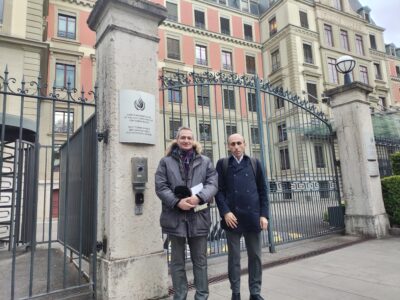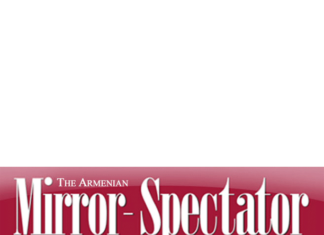By Edmond Y. Azadian
The recent escalation in violence and continued breaches of the ceasefire in the stalemated Nagorno Karabagh conflict are not isolated instances; they have to be viewed and analyzed within the context of the power struggles in the region and in the remote areas of the globe.
On August 4, Azerbaijan announced that the Armenian side had violated the ceasefire and its forces were repulsed by Azeri soldiers, leaving four victims on the Armenian side. The Nagorno Karabagh Ministry of Defense, however, dismissed the report and announced that the Azeri side had lost four men, instead, as well as incurred injuries to 15 others.
Next to the firepower, there is a war of words on a parallel course. Yet, it is true that Azeri President Ilham Aliyev’s clan, under pressure from the international community for its human rights violations and rising discontent among the masses, is trying to deflect world attention and quell domestic exasperation.
The government is using two-pronged tactics: escalating border violence and buying positive coverage and analysis in western news media to improve its tarnished image.










